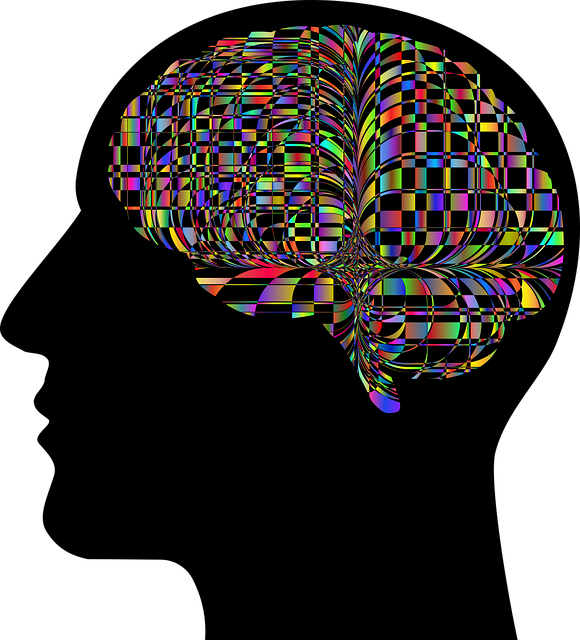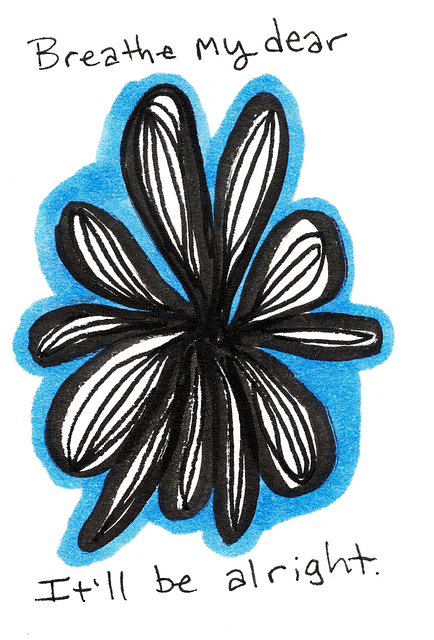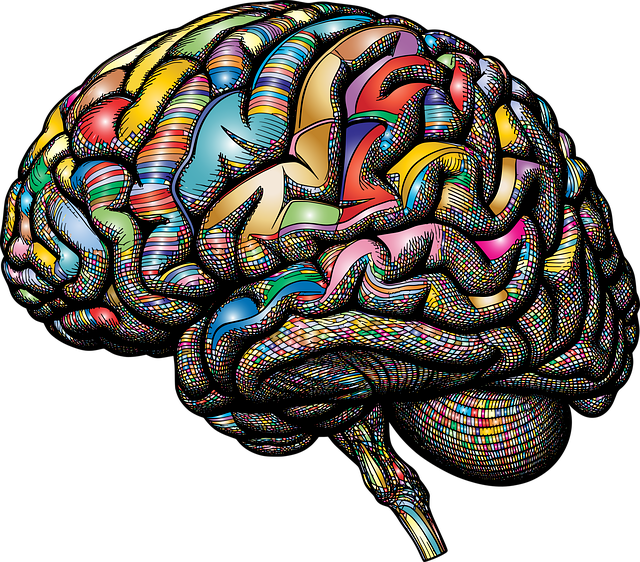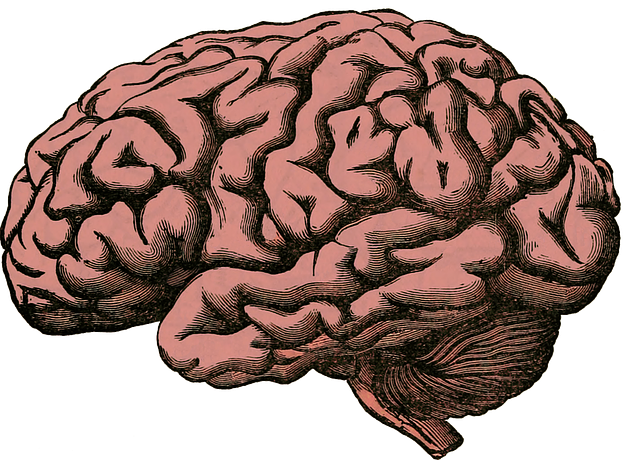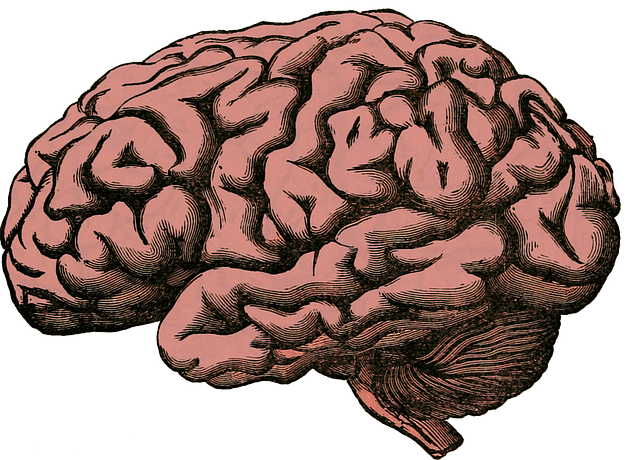Northglenn Chronic Pain Therapy offers a comprehensive crisis intervention approach, combining medical and psychological support for individuals with chronic pain and mental health comorbidities. By teaching emotional regulation skills, creating safe spaces for expression, and implementing tailored self-care routines, therapists empower patients to manage distress and improve overall well-being. Post-intervention support strategies, including goal-setting, peer groups, and regular check-ins, foster resilience and long-term positive outcomes in navigating chronic pain.
In the realm of healthcare, particularly within Northglenn Chronic Pain Therapy, crisis intervention plays a vital role in managing acute pain episodes. This article guides practitioners through essential strategies for effective crisis management, tailored to the unique challenges faced by chronic pain patients. We explore key interventions, from immediate relief techniques to post-crisis support, emphasizing the importance of a comprehensive approach. By implementing these strategies, healthcare providers can significantly enhance patient outcomes and improve overall satisfaction in Northglenn Chronic Pain Therapy settings.
- Understanding Crisis Intervention in Northglenn Chronic Pain Therapy
- Key Strategies for Effective Crisis Management
- Implementation and Post-Intervention Support in Chronic Pain Therapy Settings
Understanding Crisis Intervention in Northglenn Chronic Pain Therapy

In Northglenn Chronic Pain Therapy, crisis intervention strategies play a pivotal role in providing immediate relief and support to individuals facing intense emotional distress. These interventions are tailored to address the unique challenges of chronic pain patients, who often struggle with mental health comorbidities such as anxiety and depression. Understanding that pain is not just physical but also deeply connected to one’s emotional state, therapists employ techniques aimed at enhancing mental wellness coaching programs development while fostering cultural sensitivity in mental healthcare practice.
By integrating crisis intervention into Northglenn Chronic Pain Therapy, practitioners facilitate a safe space for patients to express and process their emotions. This includes teaching effective emotional regulation skills to help individuals cope with the overwhelming sensations of pain. Through these interventions, patients are empowered to navigate their emotional landscape more effectively, leading to improved overall well-being.
Key Strategies for Effective Crisis Management

In the face of a crisis, whether it’s an acute pain episode or a mental health emergency, effective management strategies can make all the difference. At Northglenn Chronic Pain Therapy, we emphasize a holistic approach that combines medical expertise with psychological support. Key strategies include early intervention, where prompt action can prevent escalation and reduce impact. Educating individuals on self-care routines, tailored to their specific needs, empowers them to manage their conditions better. Mental Health Awareness programs designed for this context teach coping mechanisms and promote resilience, fostering a supportive environment.
Additionally, incorporating Self-Care Routine Development as part of crisis intervention ensures individuals have practical tools to maintain stability between professional support sessions. This proactive approach not only enhances overall well-being but also strengthens the individual’s ability to navigate future challenges. By combining these strategies, Northglenn Chronic Pain Therapy strives to provide comprehensive guidance, aiming for long-term positive outcomes.
Implementation and Post-Intervention Support in Chronic Pain Therapy Settings

After a crisis intervention in Northglenn Chronic Pain Therapy settings, implementing post-intervention support strategies is paramount to ensuring patient resilience and long-term recovery. This involves a multifaceted approach tailored to individual needs, focusing on both physical and psychological aspects of chronic pain management. Therapists can foster self-esteem improvement through goal-setting exercises, encouraging patients to envision and actively work towards life without constant pain. Compassion cultivation practices have also proven effective in reducing distress and promoting coping mechanisms, helping individuals navigate the challenges that often accompany chronic pain.
Support services should continue even after formal therapy sessions conclude, providing a safety net for patients as they adapt to their new reality. This can include peer support groups, where individuals facing similar struggles share experiences, offer encouragement, and exchange strategies for managing pain. Additionally, regular check-ins with therapists or counselors help monitor progress, address any emerging issues promptly, and reinforce positive coping behaviors, ultimately contributing to enhanced resilience building in Northglenn Chronic Pain Therapy settings.
In the context of Northglenn Chronic Pain Therapy, crisis intervention strategies are vital tools for healthcare professionals. By understanding the unique challenges faced by patients and implementing effective management techniques, therapists can significantly enhance care outcomes. The key lies in a comprehensive approach that combines immediate support with sustained post-intervention assistance. Through these methods, Northglenn Chronic Pain Therapy settings can ensure better patient resilience and improved quality of life.
